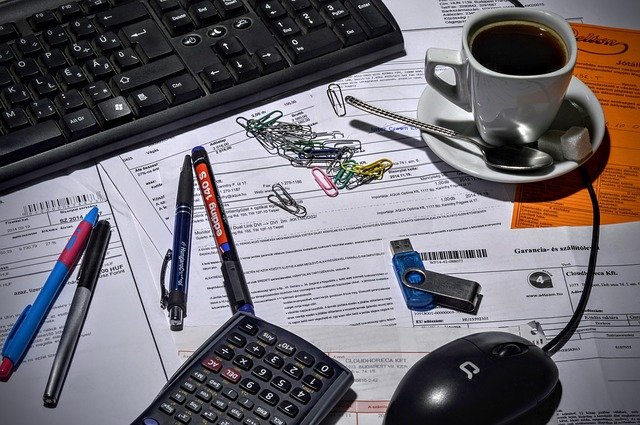
Can Your Attorney Use the Document You Gave Them as Evidence in Court in the Orlando, Florida Area?
- March 22, 2021
- ontarget
- Divorce
- divorce, Florida law
- 0 Comments

You gave your attorney what you think is the smoking gun against your spouse. You are elated and think that this document will really help your case. Can your attorney use that document? It all depends on how you obtained the document.
The Florida Bar’s Rule
In the Florida Bar News February 2021 issue there was an article by Kelly N. Smith, Assistant Ethics Counsel. The article gives advice on what to do when your client brings you a document and tells you that they found it, read it, and it contains information about their pending matter. The question is whether the attorney can use this document or information the client learned from it.
That depends on how the client obtained the document at issue. The question is, was the document obtained properly or improperly? If the document was obtained properly, then your attorney may review the document or use the document or information in a legally and ethically prescribed manner.
However, if your attorney determines that you obtained the document improperly, then the Florida Ethics Opinion 07-1 does not allow your attorney to use it. Further, your attorney will probably check with a criminal attorney to see if you committed a crime.
Improperly Obtained Evidence
What are examples of improperly obtained evidence? Here are a couple:
- Using information obtained on a USB drive that the client gave to the lawyer that belonged to the opposing party
- Giving your spouse’s cell phone to your attorney. The attorney has an obligation to return the phone to your spouse or the spouse’s attorney if they have one.
If the attorney finds out that their client obtained information improperly, then they should discuss the situation with the client, including the attorney’s ethical dilemma presented due to the client’s actions. The attorney should advise you that they are potentially subject to disqualification by the court because the court may disqualify lawyers who receive or review materials from the other side that were improperly obtained.
The Issue for Lawyers
Further, the attorney should advise the client that the client is also potentially subject to sanctions by the court. The attorney should inform you that the materials cannot be retained, reviewed, or used without informing the opposing party that you have the documents at issue. If the client refuses to consent to disclosure under those circumstances, then the attorney must withdraw from representation of the client.
If the client consents to disclosure, then the attorney may continue the representation of the client. However, if the attorney does not want to review or use the information, the attorney may continue the representation. However, the attorney could still be subject to disqualification or sanctions.
If you have more questions regarding a Marital and Family Law matter, you may call Ann Marie Giordano Gilden at Ann Marie Giordano Gilden, P.A. at 407-732-7620 and set an initial consultation.
This article is for informational purposes only and does not form an attorney client privilege.
